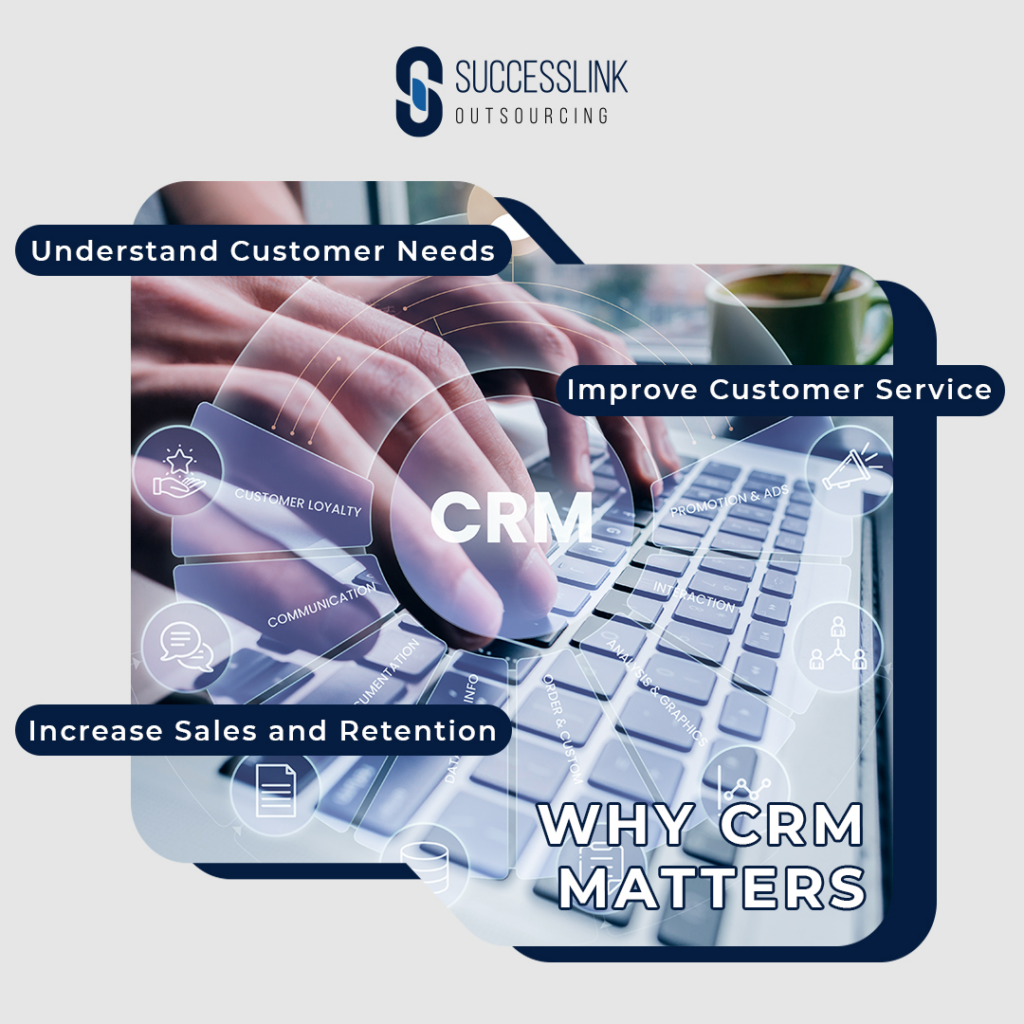In today’s competitive business landscape, the importance of maintaining strong relationships with customers cannot be overstated. At the heart of these relationships lies effective Customer Relationship Management (CRM), which allows businesses to better understand, engage with, and serve their customers.
One of the most powerful tools in modern CRM is Salesforce, a platform that has revolutionized how companies approach customer interactions.
This article explores the role of Salesforce in enhancing CRM strategies and why it’s a must-have tool for businesses aiming to thrive in the digital age.

What is Salesforce?
Salesforce is a cloud-based CRM platform that helps businesses streamline their sales, marketing, customer service, and other operations. Founded in 1999, Salesforce has grown to become a global leader in CRM solutions, offering innovative tools and features that empower businesses of all sizes to connect with their customers like never before.
With its scalability, flexibility, and rich ecosystem of apps, Salesforce provides a unified platform for managing customer relationships at every stage of the journey, from initial contact to post-sale support.

Why CRM Matters
CRM is the backbone of any customer-centric strategy. It allows businesses to manage and analyze customer interactions throughout the customer lifecycle. Effective CRM solutions ensure that businesses can:
- Understand Customer Needs: By collecting and analyzing customer data, businesses can gain valuable insights into preferences, behaviors, and pain points.
- Improve Customer Service: CRM tools streamline communication and resolution processes, leading to faster and more efficient customer service.
- Increase Sales and Retention: By targeting the right customers with personalized offers, businesses can boost conversion rates and build long-term loyalty.

How Salesforce Enhances CRM
Salesforce sets itself apart from traditional CRM solutions with its robust suite of features and continuous innovation. Here are key ways Salesforce elevates CRM efforts:
1. Comprehensive Data Management
Salesforce enables businesses to centralize all customer data in a single, accessible platform. This 360-degree view of the customer ensures that all departments—sales, marketing, and customer service—are working with the same accurate and up-to-date information.
With tools like Salesforce Customer 360, businesses can consolidate data from various sources, ensuring that no customer insight is missed.
2. Automation and Efficiency
Salesforce automates repetitive tasks such as data entry, email campaigns, and follow-ups, freeing up valuable time for teams to focus on higher-value activities. Its robust automation capabilities, powered by tools like Salesforce Flow, ensure that processes are consistent and efficient.
For instance:
- Lead Nurturing: Automated workflows can send personalized emails to leads at the right time.
- Case Management: Customer service teams can use automated ticket routing and resolution processes to handle issues faster.
3. Personalization at Scale
Personalization is critical in today’s customer-driven marketplace. Salesforce uses AI-powered tools like Einstein AI to analyze customer data and deliver highly personalized recommendations and offers.
Whether it’s tailoring email campaigns or suggesting products based on past purchases, Salesforce ensures that every interaction feels meaningful and relevant.

4. Seamless Collaboration
Salesforce facilitates collaboration across teams by providing shared access to customer data and real-time updates. Tools like Slack, now integrated with Salesforce, make communication and project management seamless, enabling teams to work together effectively, no matter where they are.
5. Advanced Analytics
Salesforce’s analytics tools, such as Tableau, help businesses turn data into actionable insights. With detailed dashboards and reports, companies can monitor key performance metrics, forecast sales trends, and identify areas for improvement.
For example:
- Track customer satisfaction rates.
- Identify the highest-performing sales reps or regions.
- Forecast revenue growth based on historical data.
6. Scalability for Growing Businesses
Salesforce’s modular approach allows businesses to add features as they grow. Small startups can start with the basics and scale up to include advanced tools like Marketing Cloud, Service Cloud, or Pardot as their needs evolve.
7. Integration with Third-Party Apps
Salesforce integrates with thousands of third-party apps through its AppExchange marketplace. This ensures businesses can customize their CRM to suit specific needs, whether it’s integrating with email marketing tools like Mailchimp or accounting software like QuickBooks.

Salesforce in Key Business Functions
Sales
Salesforce Sales Cloud equips sales teams with tools to track leads, manage opportunities, and close deals faster. Features like opportunity scoring and sales forecasting make it easier for teams to prioritize their efforts and achieve their goals.
Marketing
Salesforce Marketing Cloud empowers businesses to design and execute data-driven marketing campaigns. With tools for email marketing, social media engagement, and customer journey mapping, marketers can deliver personalized experiences across multiple channels.
Customer Service
Service Cloud enables businesses to provide exceptional customer support. Features like AI-powered chatbots, knowledge bases, and omni-channel support ensure customers receive timely assistance, boosting satisfaction and loyalty.
E-commerce
Salesforce Commerce Cloud helps businesses create seamless online shopping experiences. From personalized product recommendations to frictionless checkout processes, this tool is a game-changer for e-commerce businesses.

The Benefits of Adopting Salesforce
- Enhanced Customer Satisfaction: Faster response times, personalized experiences, and seamless interactions lead to happier customers.
- Increased Revenue: By targeting the right customers with the right offers, businesses can boost sales and improve ROI.
- Improved Team Productivity: Automation and collaboration tools allow teams to work smarter, not harder.
- Data-Driven Decision Making: Advanced analytics provide the insights needed to make informed business decisions.
- Future-Proofing Your Business: With its focus on innovation, Salesforce ensures businesses stay ahead of the curve in a rapidly evolving market.

Is Salesforce Right for Your Business?
While Salesforce is a powerful tool, its implementation requires careful planning and expertise. Businesses need to assess their specific CRM needs, goals, and budget to determine the best way to leverage Salesforce.
For small and medium-sized enterprises, Salesforce offers cost-effective solutions that can scale as the business grows. For larger corporations, its advanced features and integrations can address complex CRM requirements.
Partner with SuccessLink Outsourcing for Salesforce Success
Adopting Salesforce can transform your CRM strategy, but navigating its implementation and customization can be daunting. That’s where SuccessLink Outsourcing comes in. As experienced professionals in CRM solutions, we specialize in helping businesses harness the full potential of Salesforce.
From consultation and setup to ongoing support and optimization, we ensure that Salesforce works seamlessly for your unique needs. Whether you’re new to CRM or looking to upgrade your existing system, SuccessLink Outsourcing can guide you every step of the way.
Ready to elevate your CRM with Salesforce?
Contact SuccessLink Outsourcing today and discover how we can help you build stronger customer relationships and drive your business to new heights.

